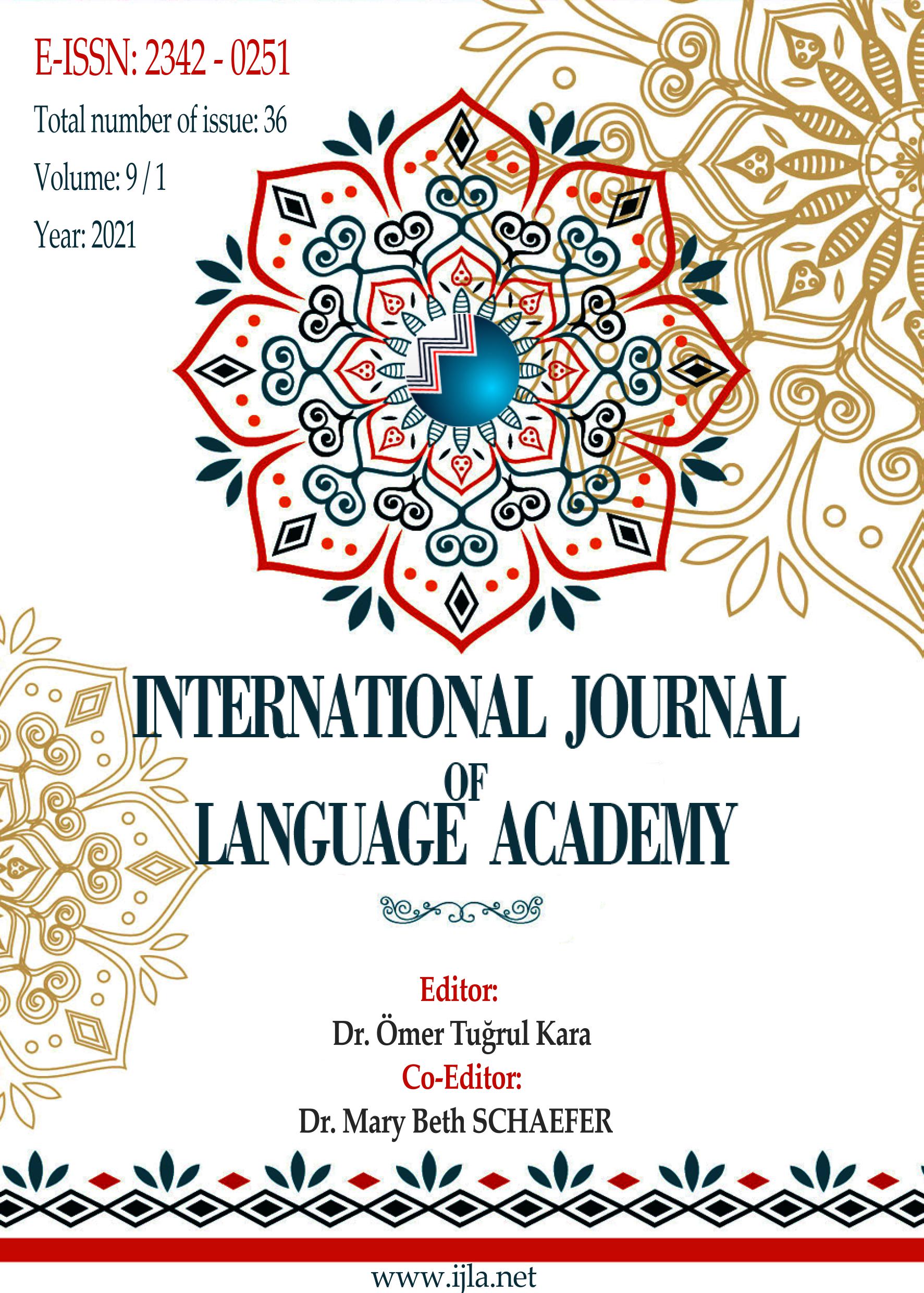Author :
Abstract
Devlet ve toplum üzerinde yönlendirici ve belirleyici bir konumda bulunmuş olan Osmanlı şeyhülislam ve müftüleri muhtelif konularda kendilerine yöneltilen suallere kuvvetli cevaplar vermiş ve kendilerine bundan dolayı “halkın güçlüklerini çözen” anlamında hallâl-ı müşkilât unvanı verilmiştir. Suallere genellikle kısa cevaplar vermiş olan Osmanlı müftüleri bazen edebî kişiliklerinin de yardımıyla manzum ve sanatkârane cevaplar vererek fetvâlarda renkli bir ortamın oluşmasına katkıda bulunmuşlardır. Genellikle keyif verici içeceklerin kullanımı ile ilgili konularda yoğunlaşan bu tür fetvâlar fıkhi konuların yanı sıra tıbbi konuları da içerebilmiştir. Fetvâlara konu olan mükeyyifat arasında en çok ele alınan konular tütün ve kahve üzerine olmuş ve bunların toplumda tiryakiliğe dönüşmesi üzerine devletçe getirilen yasaklar yanında fetvâlarda da bunlarla ilgili sert ifadelere yer verilmiştir. Bununla birlikte Şeyhülislam Bostanzâde Muhammed ve Muhammed Bahai Efendiler gibi, bu ikisinin yasak olmadığını, hatta bazı faydaları bulunduğunu söyleyenler de çıkmıştır. Osmanlı toplumunun 16. yüzyıldan itibaren tanımaya başladığı tütün hakkında fetvâların yanı sıra birçok risale kaleme alınmış ve bunlarda tütünün zararları uzun uzadıya anlatılmıştır. Duhan da denilen tütün hakkında Şeyhülislam Hocazâde Muhammed Efendi de birçok fetvâ vermiş ve bunlar arasında Arapça sorulup cevaplanmış olanları da bulunmuştur. Tütün hakkında kendisine Arapça manzum biçimde sorulan bir soruya nükteli bir cevap verdiği görülen Muhammed Efendi’nin esrar konusunda da Arapça manzum fetvâ verdiği bilinmektedir. Bu makalede tütün hakkında verdiği manzum fetvâsı tanıtılmaktadır.
Keywords
Abstract
The Ottoman sheikhulislam and his muftis, who had a guiding and determining position on the state and society, gave strong answers to the questions directed to them on various issues and therefore they in the sense of “solving the difficulties of the people” were given the title of hallâl-ı muşkilat. Ottoman muftis who generally gave short answers to the questions, contributed to the formation of a colorful environment in the fatwas by giving verse and artistic answers, sometimes with the help of their literary personalities. These types of fatwas, which generally focus on the use of recreational drinks, could include medical issues as well as fiqh issues. The most discussed subjects among the enjoyable drinks that were the subject of fatwas were on tobacco and coffee, and in addition to the bans imposed by the state upon the transformation of these into addiction in society, harsh statements about them were also included in the fatwas. On the other hand, there have been some who say that these two are not forbidden, even they have some benefits, such as Şeyhülislam Bostanzade Muhammad and Muhammad Bahai Efendi. In addition to the fatwas about tobacco, which the Ottoman society began to recognize from the 16th century, many treatises were written and the harms of tobacco were explained at length. Şeyhülislam Hocazâde Muhammad Efendi gave many fatwas about tobacco called Duhan, and among them, the ones that were asked and answered in Arabic were found. It is known that Muhammad Efendi, who was seen to give a humorous answer to a question asked about tobacco in Arabic verse, also gave a fatwa in Arabic verse on cannabis. In this article, his fatwa about tobacco is introduced.
Keywords
- http://www.ekrembugraekinci.com/article/?ID=430 (Erişim: 2 Ocak 2013).
- İpşirli, M. (2003). “Mehmed Efendi, Hocazâde”. TDV İslam Ansiklopedisi. 28. s.452-453.Müstakimzade S.Sadeddin. Devhatü'l-Meşâyih. Millî Kütüphane, 06 Mil Yz A 3681/2. Yılmaz, F. (2012). “Tütün”. TDV İslâm Ansiklopedisi. 42. İstanbul: TDV, s.1-4.
